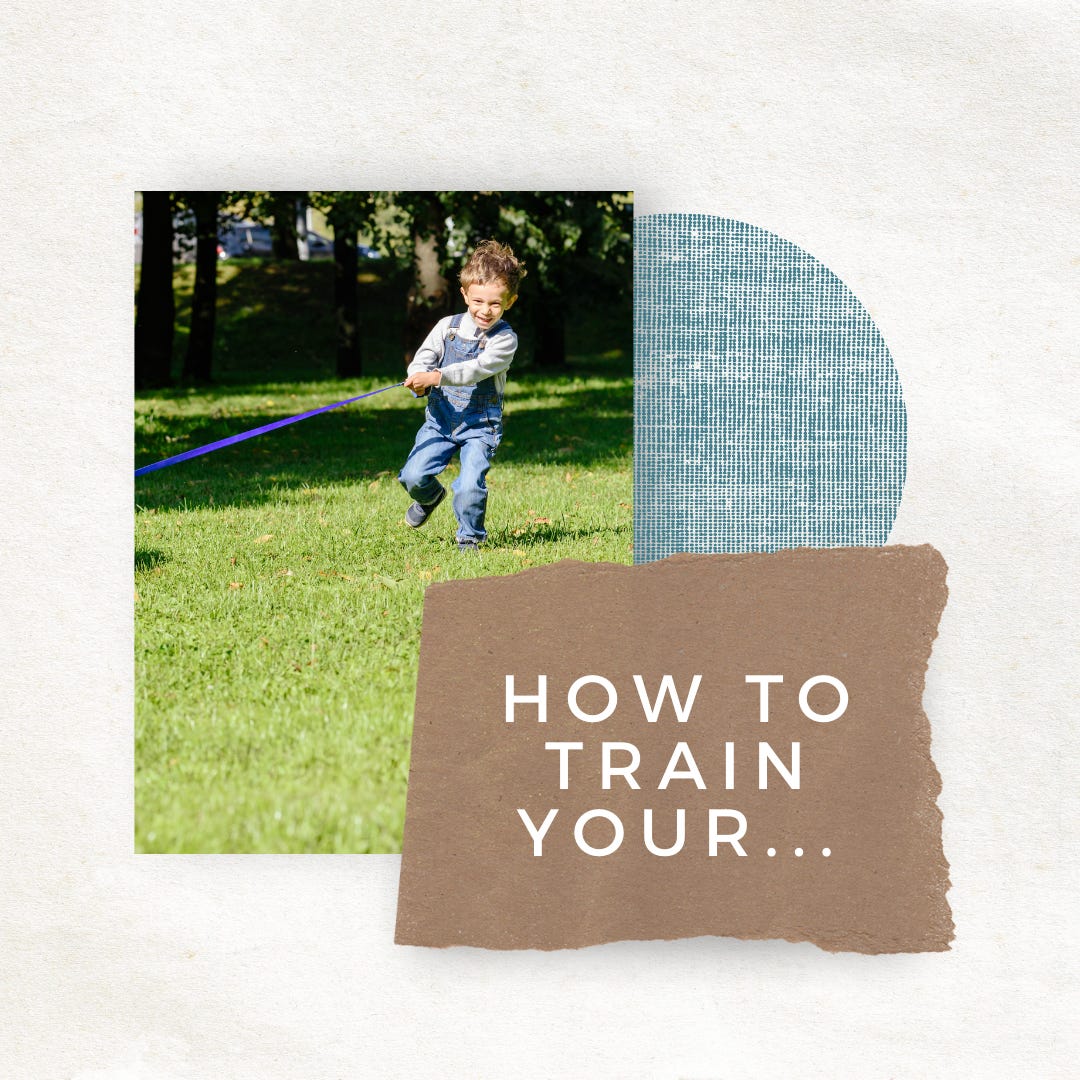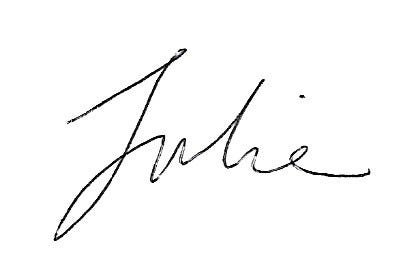Do you want to write the same story as everyone else?
First things first: there's just over a week left until election day here in the U.S., and this might be the most important election in our lifetimes thus far. I've already voted early, and I am relieved to know I've done my part. I urge you to vote early if you can, and, if not, please do vote on election day. My plan for the next week is to avoid as many polls and pundits as possible. It feels like they're designed to make me hyperventilate. No thank you.
I have been hearing a lot about Libro.fm as a way to get audiobooks from your local independent bookstore. I am not a particularly frequent audiobook listener, but lately was feeling like I needed something to immerse myself in on walks and when folding laundry (something that wasn't polls and pundits). I downloaded the Libro.fm app and listened to Ruth Franklin's biography of Shirley Jackson (and my purchase supported my local bookstore). It was easy! I recommend it: go for a long, long walk and listen to a book. (Here's my reminder that the audiobooks of my own Two Dogs in a Trench Coat series, narrated by Oliver Wyman, are hilarious and terrific.)
Challenge Yourself
Earlier this month, I was on the faculty of the Funny Women of Kidlit writing intensive at The Writing Barn (an event that was originally scheduled to take place in person at their campus in Austin, Texas, but, like everything else, was virtual). (Side note to say that I was incredibly impressed by how well-run and thoughtful everything was, and if you're looking for some writing classes, check out what The Writing Barn is offering.)
I talked for two hours about how to come up with your own personal formula for writing funny things, based on all of the things you think are funny. Analyze what makes you laugh, and mix that all together to discover what your own personal humor brand is.
I also talked about how to write funny books in 2020, a year that doesn't initially seem to inspire humor, but a year when we need humor more than ever. It's important to keep writing, even if what you write isn't good, or isn't funny. I shared about a picture book I wrote that turned out to be funny after many revisions, but which was practically a horror story in the first drafts (a girl and her pet rock accidentally set a shed on fire, get trapped, and almost die).
As a writer, you have to walk that balance between genius and critic. Between thinking your idea and what you're writing is amazing, and then stepping back to see how you can fix a clearly flawed story. I talked about a picture book that I wrote in September. At the time, I thought, "Oh, finally, I'm inspired to write a picture book! It's been so long." But then I read it over and saw that it was boring and basic. It was called Kid Training for Dogs, and was about dogs training their kids to feed them and take them for walks. I tried to figure out how to make it good, and couldn't see how. Which was fine. It felt good to write. Maybe there will be a sentence in that boring story that will make its way into something new. Or maybe it was a warm up to remind me how to write a whole picture book, how it feels.
The next day, Frances Gilbert, Editor-in-Chief for Doubleday Books for Young Readers, presented about two books she edited (Chicken Dance and I Don't Want to Be a Frog) and what makes them funny. She talked about how she's looking for books that make her laugh, and also how hard it is to do that. She gets about one thousand submissions a year, and publishes ten. One percent. She also said that she sees a lot of two types of submissions (a lot as in: multiple submissions a day): underdog saves the day by using their supposed weakness as a strength, and..."how to train your ___________" stories.
No wonder my Kid Training for Dogs story felt so flat. Because it was flat. It was done and overdone.
I'm telling you these facts, not to sadden you, but to challenge you. It's incredibly hard to get your book published. There are a lot of stories that make their way through preliminary pipelines but which are ultimately very similar to a thousand other manuscripts. But also: you're you. You come to this world with your own unique perspective, with your likes and dislikes. If you're trying to write funny books, you're doing it by taking inspiration from everything that has ever made you laugh and funneling it through your brain and your experience to potentially write something that has never been seen before.
Remember that it doesn't just happen. It takes work. And you can do that. There will be people who think writing and creativity are easy, and then who give up. Don't worry about them. You might write some basic stories as warmups, but they serve to strengthen your writing muscles. If you're going to do this, you might as well create something new, something groundbreaking, something that only you could make. Don't write the same story someone else could write. What's the point of that? Write your story. (Or paint your picture, or weave your weaving, or dance your dance.)
Scholastic is 100 years old! I love being a Scholastic author (with my Two Dogs in a Trench Coat books). In honor of the anniversary, Scholastic Editorial Director David Levithan put together a book of 100 essays from 100 Scholastic authors, and I'm proud to have been one of them. You can download a copy of the book free, here.






